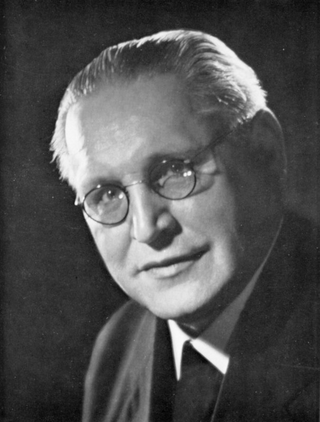Univ.-Prof. Dr. Hugo Alois Emmanuel Hantsch OSB

Personalia
Born:
Died:
Profession:
Persecution:
Imprisonment 21.03.1938 - 25.09.1938, Buchenwald concentration camp 25.09.1938 - 21.02.1939, professional ban
KZ Number:
Honors:
Grand Cross of Merit of the Federal Republic of Germany 28.5.1963; Cross of Honor for Science and Art I Class 21.1.1964; Prize of the City of Vienna 1965 for Humanities; Medal of Honor of the Federal Capital in Gold 4.11.1970
Memberships
Curriculum Vitae
Hugo Hantsch first attended grammar school in Prague and then in his home town of Teplice-Schönau [Teplice-Sanov]. In 1910, he became a member of the newly founded secondary school fraternity Hercynia Teplitz.
In 1913, he graduated with distinction. In line with his parents' religious convictions, he chose to become a priest. He entered the Benedictine monastery in Melk as a novice in 1913. In the winter semester of 1913/14, he began studying theology in Prague and became a member of the Ferdinandea student fraternity in 1913. After his profession, he completed his theological studies in Innsbruck between 1915 and 1918 and joined the student fraternity Austria Innsbruck. On June 30, 1918, he was ordained a priest in St. Pölten. As the order wanted him to become a teacher, he continued to study history, geography and German studies in Vienna and obtained his doctorate in 1921. A short time later (1922), he passed the teacher training examination in these subjects.
He then devoted himself to historical research at the universities of Vienna and Würzburg, which served as preparation for his habilitation thesis. Among other things, he organized the archives of the Counts Schönborn in Würzburg and Wiesentheid and published extensively on the Chancellor of Joseph 1st, Count Friedrich Karl Schönborn.
From 1935, Hugo Hantsch was Professor of History at the University of Graz. In 1937, the first volume of Hugo Hantsch's History of Austria was published (2nd volume 1950).
After the Anschluss, his appointment as full professor was no longer effective due to his removal from office by the Nazi rulers. He was arrested by the Gestapo in Vienna on March 21, 1938 and held in the provincial court prison until September 25, 1938. He was then transferred to the Buchenwald concentration camp, where he was released on February 21, 1939. He was banned from publishing and retired as a pastor to Ravelsbach, Lower Austria, where he remained until the end of the war.
Places
Persecution:
Place of activity:
Residence:
Citations
Wiener Stadt- und Landesarchiv (WStLA)
Krause, Peter/Reinelt, Herbert/Schmitt, Helmut (2020): Farbe tragen, Farbe bekennen. Katholische Korporierte in Widerstand und Verfolgung. Teil 2. Kuhl, Manfred (ÖVfStG, Wien) S. 114.
Wikipedia unter de.wikipedia.org/wiki/Hugo_Hantsch
